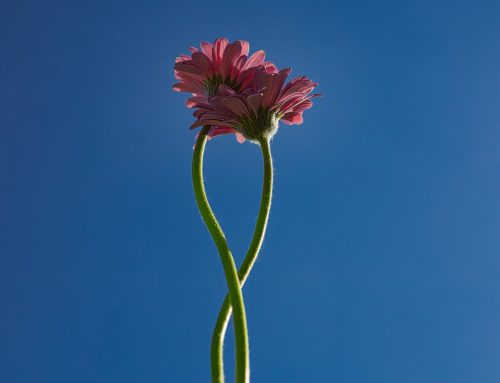t in the loneliest wilderness happen the second metamorphosis: here the spirit become a lion; freedom will it capture, and lord-ship in its own wilderness.
Its last Lord it here seeketh: hostile will it be to him, and to its last God; for victory will it struggle with the great dragon.
What is the great dragon which the spirit is no longer inclined to call Lord and God? “Thou-shalt,” is the great dragon called. But the spirit of the lion saith, “I will.”
“Thou-shalt,” lieth in its path, sparkling with gold—a scale-covered beast; and on every scale glittereth golden, “Thou shalt!”
The values of a thousand years glitter on those scales, and thus speaketh the mightiest of all dragons: “All the values of things—glitter on me.
All values have already been created, and all created values—do I represent. Verily, there shall be no ‘I will’ any more. Thus speaketh the dragon.
My brethren, wherefore is there need of the lion in the spirit? Why sufficeth not the beast of burden, which renounceth and is reverent?
To create new values—that, even the lion cannot yet accomplish: but to create itself freedom for new creat- ing—that can the might of the lion do.
To create itself freedom, and give a holy Nay even unto duty: for that, my brethren, there is need of the lion.
To assume the right to new values—that is the most formidable assumption for a load-bearing and reverent spirit. Verily, unto such a spirit it is preying, and the work of a beast of prey.
As its holiest, it once loved “Thou-shalt”: now is it forced to find illusion and arbitrariness even in the holi- est things, that it may capture freedom from its love: the lion is needed for this capture





